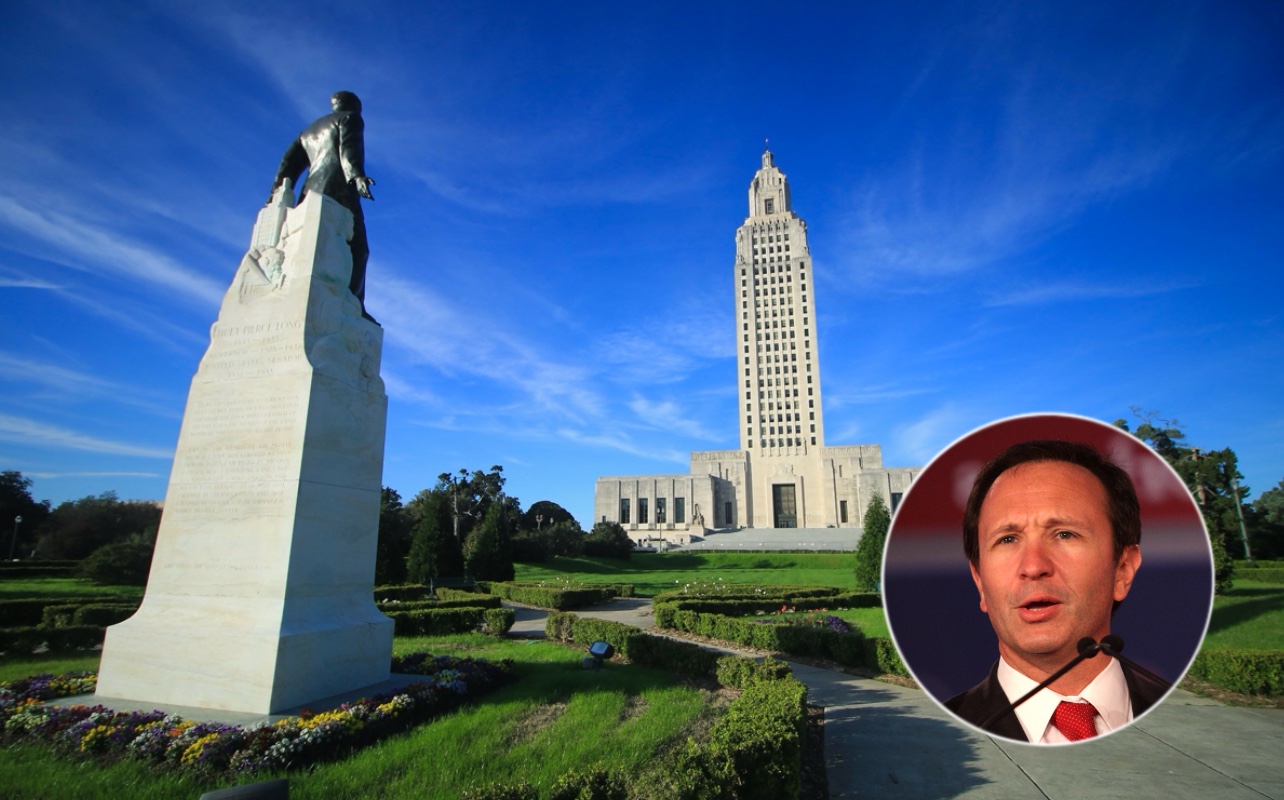
August 6, 2024
Louisiana’s Radical New Laws: From Castration For Child Sex Offenders To Expanded Gun Rights
On Aug. 1, Louisiana enacted several contentious new laws.
On Aug. 1, Louisiana enacted several contentious new laws, including a groundbreaking and controversial measure that permits castration as a punishment for certain sexual crimes against children.
According to The Associated Press, Louisiana’s political make-up has made it possible for conservative policies to have a virtually unopposed path to becoming law, even if they are morally or constitutionally questionable.
While several states have laws permitting chemical castration as punishment for child rapists, Louisiana is the first to allow judges to impose actual castration. Though the punishment is not mandatory and is left to judicial discretion, critics argue that this new law may violate constitutional protections against cruel and unusual punishment.
According to Gwynneth O’Neill, a New Orleans-based criminal defense attorney and a member of the National Association of Criminal Defense Lawyers, the law is “draconian.”
“It’s very confusing, in addition to being absolutely unprecedented, and draconian and overkill,” O’Neill told NPR in July. “Surgical castration is generally considered, or was considered, to be sort of like the paradigmatic example of cruel and unusual punishment, because it’s a form of physical mutilation. It’s barbaric.”
O’Neill continued, “I think anytime you have this vague terminology, you’re not going to get the most qualified people to make such a determination. Practically speaking, I think it puts defense attorneys in a very difficult position.”
She is also concerned that the law, much like the death penalty, will be applied in a racially discriminatory manner.
Alongside the new castration law, Louisiana has enacted several other controversial measures, including one that restricts the number of times an individual can complete, witness, or deliver absentee ballots. Critics are particularly concerned that this law could impose significant barriers for voters, especially among the state’s elderly population.
Gov. Jeff Landry’s election provided a path to pass laws targeting trans youths, something that Louisiana’s former Democratic Governor John Bel Edwards was able to keep in check via his veto power. Those laws, which Edwards previously blocked, will now become law under Landry’s Administration. One such law bars teachers from discussing gender identity and sexual orientation in schools, which have been called “Don’t Say Gay” policies, similar to policies pushed by Florida Gov. Ron DeSantis.
Police in Louisiana will now receive additional protection in the form of a “buffer zone” allowing anyone who approaches within 25 ft of an officer to face up to a $500 fine, 60 days in jail, or both. According to the AP, the law applies to a person who “knowingly or intentionally” approaches an officer who is “lawfully engaged in the execution of his official duties,” and whom the officer has warned to “stop approaching or retreat.”
The American Civil Liberties Union of Louisiana is among the critics of the law and they have argued that the law could have the effect of impeding the public’s First Amendment rights in its zeal to protect the police from being filmed. It should be noted that bystander videos are the only reason that evidence of police misconduct or violence at the hands of the police is disseminated to the public and creates wider discussions about how the police are not transparent with the public regarding their actions.
Louisiana also joined 27 other states in enacting a state law on July 4 allowing anyone 18 years of age or older to carry a concealed firearm without a permit. New Orleans, which already had a similar law but with additional restrictions, had to wait until its city ordinance expired on August 1 for the state law to take effect.
As a result, Reese Harper, the communications director for the New Orleans Police Department, issued a statement to the AP, explaining the change. “The city is no longer allowed to have stricter laws than the state regarding permitless concealed carrying of a firearm.”
The concealed carry law is subject to debate. The law’s supporters say that Louisiana should join other Republican-led states in expanding gun laws, they argue that the law expands the Second Amendment right to bear arms, while its detractors worry that a lack of training requirements for gun owners to carry firearms coupled with more people who conceal-carry said firearms could result in more gun violence.
RELATED CONTENT: ACLU Fights Back Against Louisiana’s New Law Enforcing The Ten Commandments To Be Posted In Public Classrooms